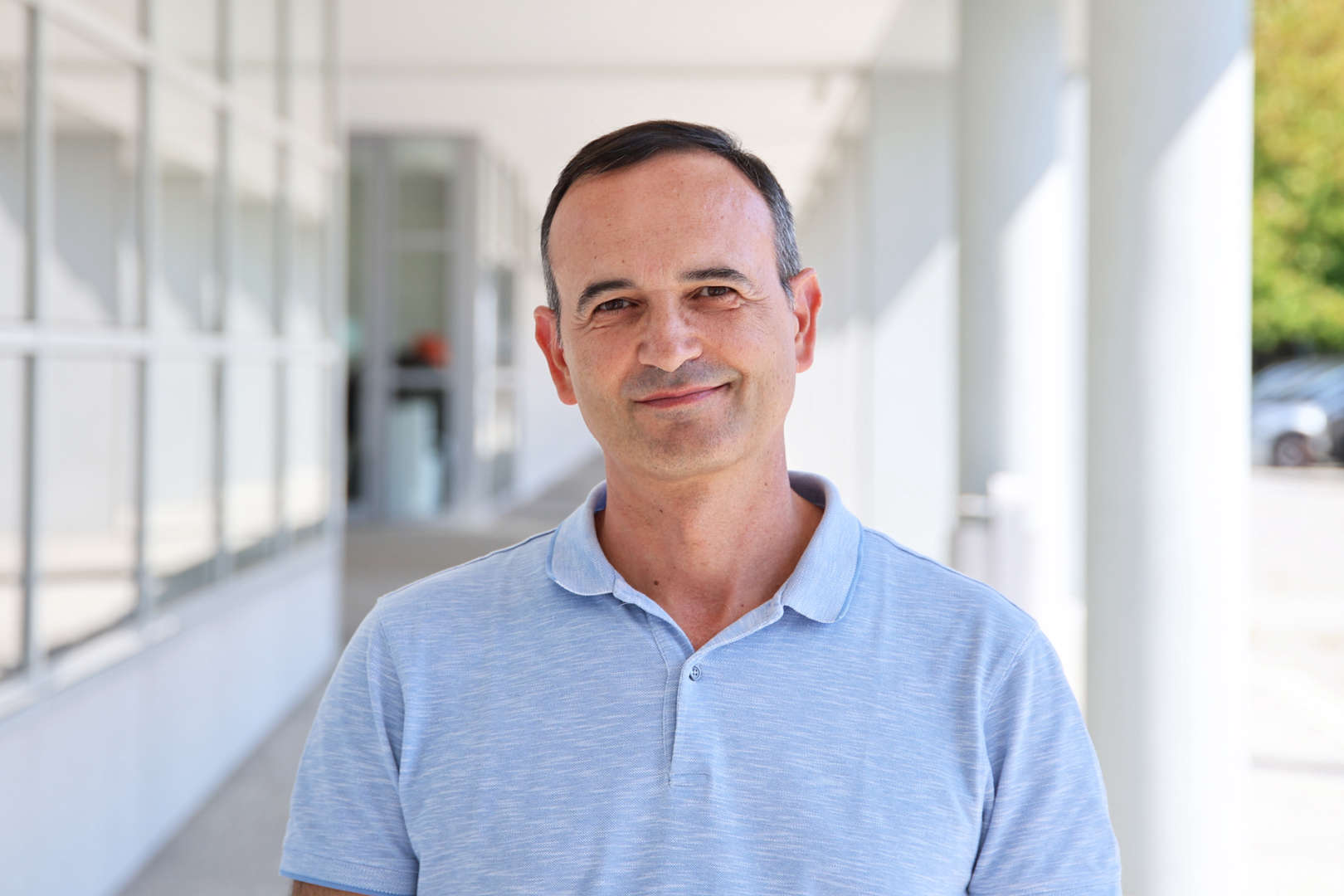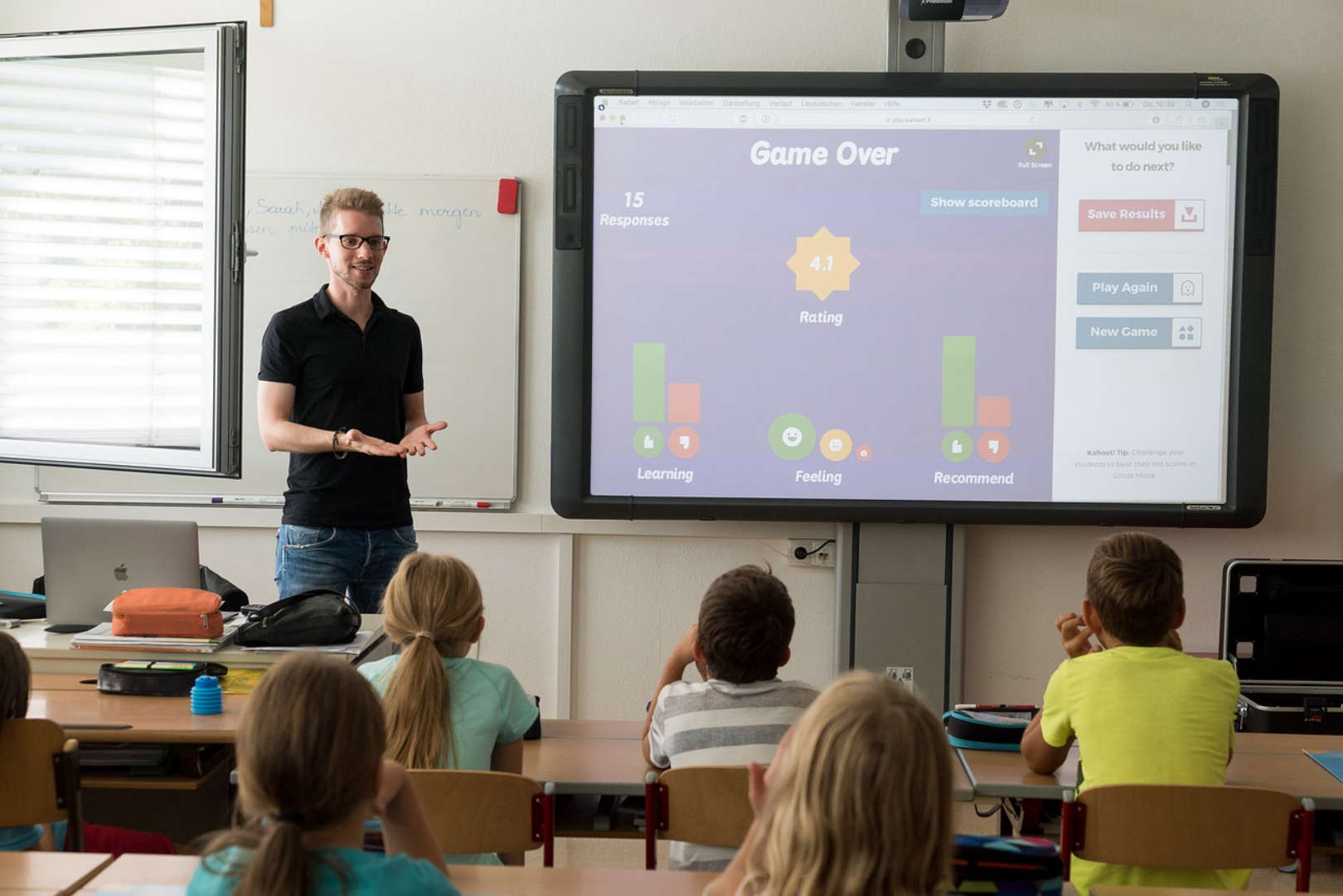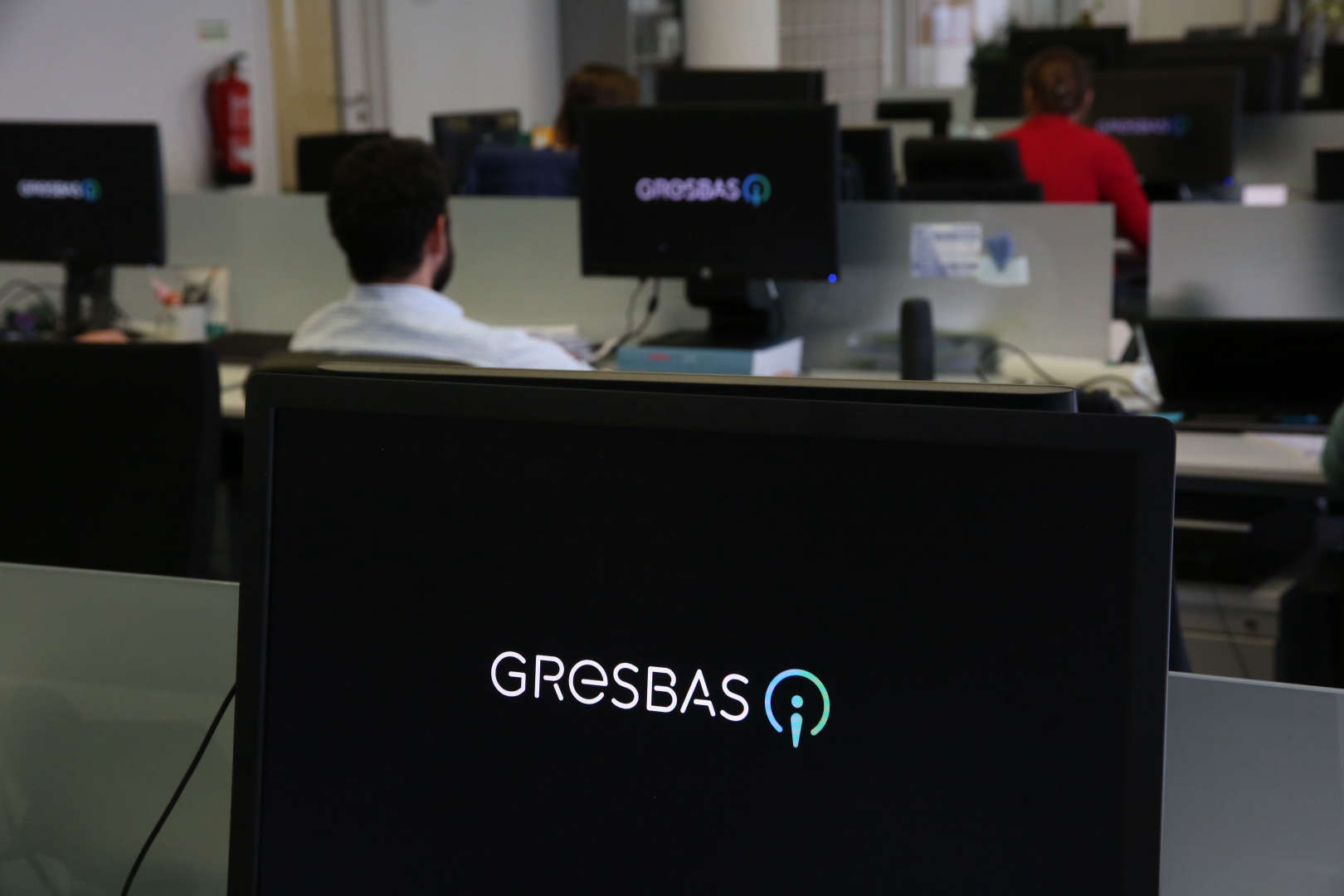Sobre
António Coelho é investigador sénior do INESC TEC, sendo o coordenador da área da Computação Gráfica e Ambientes Virtuais do centro HUMANISE.
Tem participado em diversos projetos de investigação (desde projetos Europeus H2020 a projetos de consultoria especializada com a indústria) e orientação de teses de doutoramento, focados nas áreas Computação Gráfica (Realidade Virtual e Modelação Procedimental), dos Jogos Sérios (Geração Procedimental de Conteúdos, Jogos baseados na Localização e Aprendizagem Baseada em Jogos) e dos Sistemas Geoespaciais (Sistemas baseados na Localização e Bases de Dados Espaciais).
É também Professor Associado com Agregação do Departamento de Engenharia Informática da Faculdade de Engenharia da Universidade do Porto. Leciona diversas disciplinas nas áreas da Computação Gráfica, das Ciências e Tecnologias da Programação e dos Jogos Digitais. É ainda diretor do Programa Doutoral em Média Digitais na Universidade do Porto e líder académico da aliança europeia de universidades EUGLOH.




